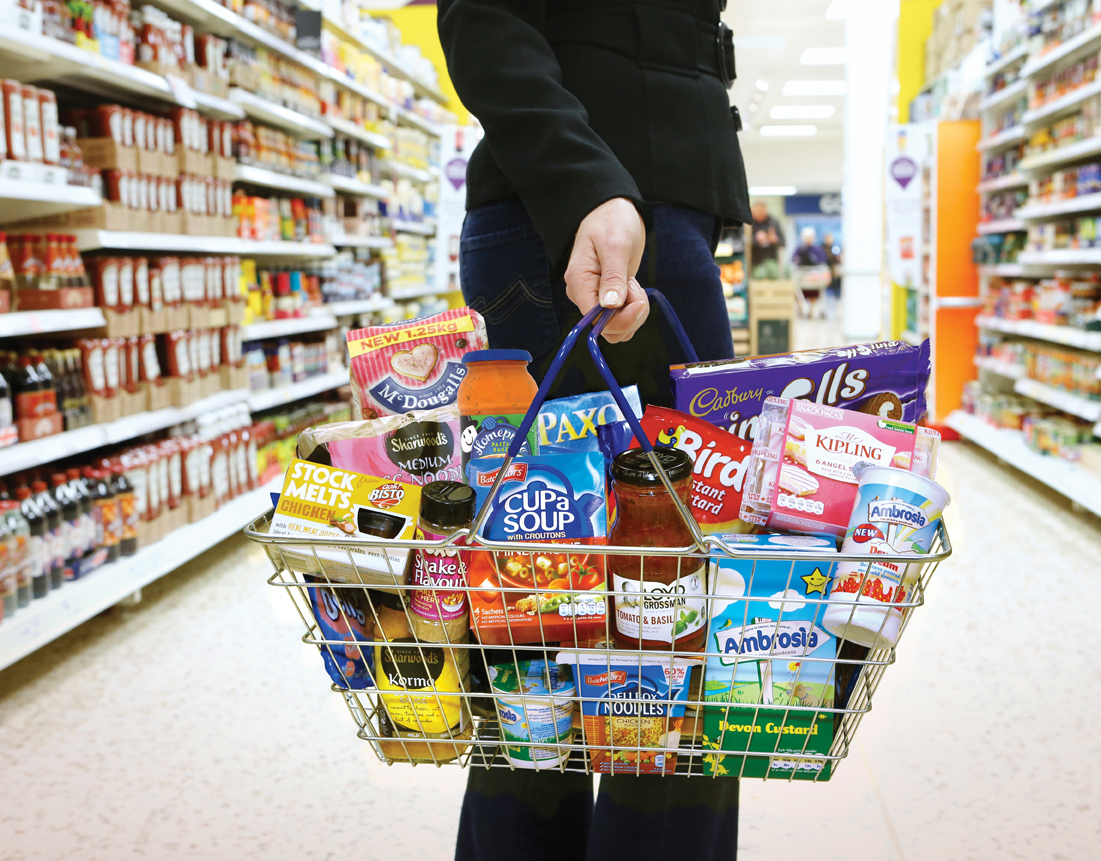Household Bills
Cost of ‘essentials’ up 28 per cent from 2008

The cost of maintaining a minimum standard of living in the UK has risen 28 per cent since 2008, far higher than the official 19 per cent rise in the Consumer Price Index (CPI).
According to research by the Joseph Rowntree Foundation (JFR) a couple with two children will need to earn a combined £40,600 to have a minimum acceptable standard of living. This is £8,000 more than an identical family would have required in 2008.
A single person of working age needs to earn £16,300 before tax, £450 more than in 2008.
Slow earnings growth and price increases have left households worse off despite the minimum basket of goods and services needed for an acceptable living standard remaining largely unchanged since 2008.
Abigail Davis, an author of the A Minimum Income Standard for the UK 2014 report, said: “Throughout the past few difficult years, the people we talk to have held a consistent view of what it means to live at an acceptable level in the UK. It means being able to afford to feed your family and heat your home properly, but also having enough to buy a birthday present for your children, and to spend time with your family away from home, such as the occasional meal out.
“The growing number of people who fall below this standard are unable to afford basic goods, services and activities that most of us would take for granted.”
The increase in the cost of goods is due mostly to inflation, with some of the most prominent items rising particularly rapidly in price. Food, for example, has risen by 26 per cent. Domestic energy has risen by 45 per cent and bus travel by 37 per cent.
While the real-term value of a single person’s basket has decreased in recent years -a landline is no longer considered necessary, for example, and entertainment budgets have shrunk – lone parents with one child have seen their budgets increase by 10 per cent. This is due to the addition of a cars as a ‘necessity’. Buses are no longer deemed reliable enough for people with children.
While increased tax allowances have curbed the effect of falling real earnings, ongoing cuts in tax credits have outweighed this for low income families. Safety-net benefits now provide less than 60 per cent of the minimum income needed for families with children, and 40 per cent of the income required by a single person of working age.
Julia Unwin, Chief Executive of JRF, said: “These figures show there is still a lot of work needed to make up the lost ground for low income families. The income they need to make ends meet has soared at a time when their ability to make up the shortfall is severely constrained.
“There is no guarantee recovery will restore living standards for the poorest families, so we need joined-up measures to help alleviate the pressure on the worst off households: as the recovery gathers momentum, we must ensure those in greatest need feel the benefits of growth.”